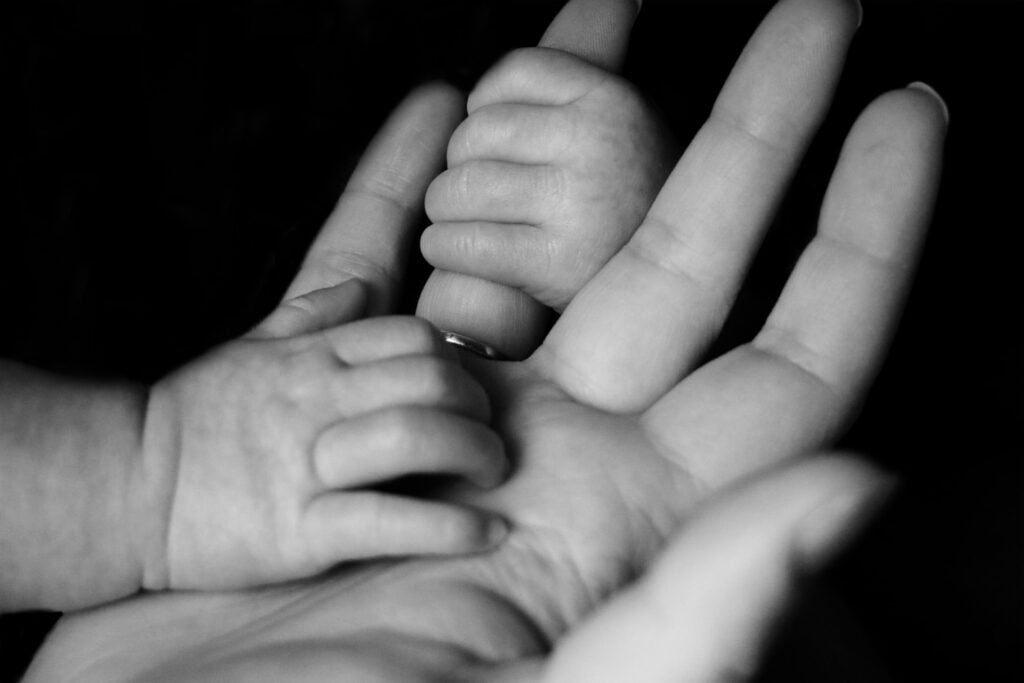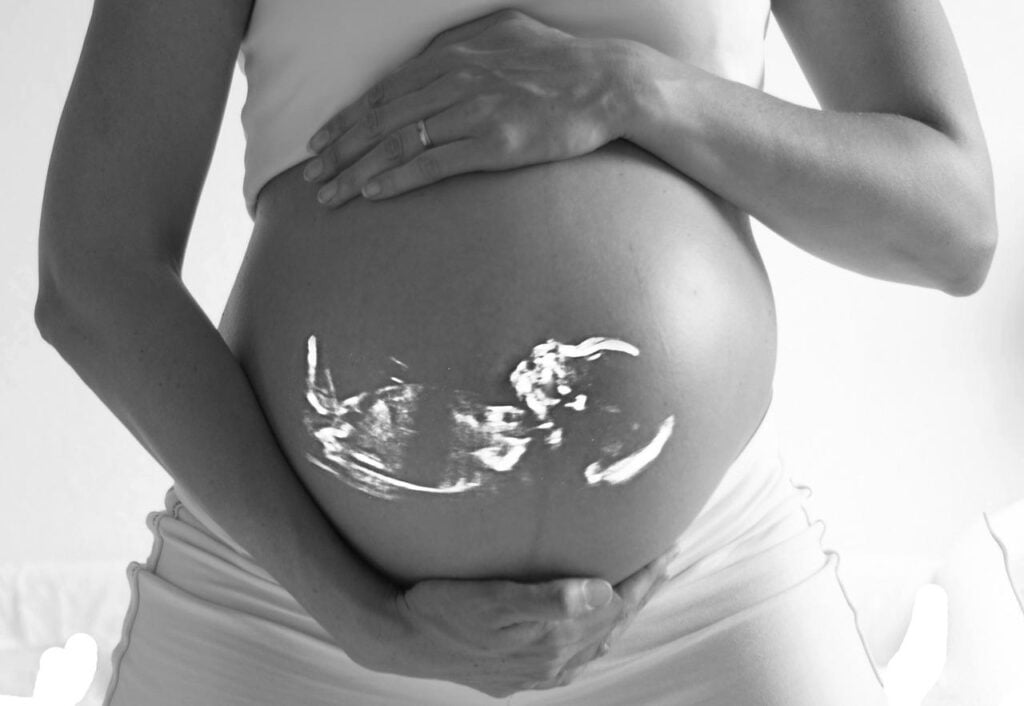- Home
- Get Help for Addiction
- Single Mothers And Addiction
Single Mothers And Addiction
There are around 3 million single parents recorded in 2020, accounting for 15% of families in the UK.
This has been an increase of 6% in the past decade.
The majority of these single parent families are single mothers.

This accounts for around 75%-80%of 3 million single parents.
In the UK, there are around 1.8 million single parents.
Of these:
- Less than 1% are teenagers.
- 90% are single mothers.
- The average age of the single parents is 39 years of age.
- 44% of these single parents had their children in a marriage or partnership.
- Single fathers are 3x as likely to be in that position due to widowing.
- 28% of single parents have a disability.
- 55% of single parents only have 1 child, 32% have 2 children, whilst 13% have 3 or more children.
What’s The Difference?

In a BBC news article called ‘Do children in two parents families do better’, researchers looked at how different outcomes occur for children of ‘intact’ families, opposed to ones with single parents.
This is obviously a sensitive topic, but shows a massive shift in attitude towards families which started in the 1960s.
They found evidential differences between how well children do depending on this situation.
5000 families were included in this study, mostly from large American cities.

What was found?
- Mothers wanted fathers to be involved, but they contributed most during pregnancy.
- 40% of the fathers spent time in prison.
- Children with divorced parents had slower progress at school.
- Children with ‘fragile’ families were 2x more likely not to graduate from high school.
- Having 2 adults cooperating with the child gives more support, more financial security and more resources to help the child succeed and develop.
What was shown by children of single parents?
- Worse basic education skills and outcomes.
- Greater levels of anxiety and depression.
- The biggest difference was in girls, with around 30% having depressive symptoms.
The Relationship Between Single Mothers And Addiction

Single mothers appear to be more vulnerable to substance abuse and addiction, more so than their counterparts.
Why is this?
- High stress levels from rearing children single handily, with limited relief.
- Nobody to share responsibility with.
- Financial and emotional strain.
- Isolation and loneliness.
- Possible domestic abuse or trauma.
- Nasty divorce, death or child custody battles can trigger substance abuse.
Male And Female Experiences

Women face specialist issues when it comes to substance abuse, influenced by both sex (biological differences) and gender (culturally defined roles of men and women).
Researchers found that over 19.5 million females over the age of 18 have used illegal drugs in the past year.
The difference between male and female substance abuse:
- Women use smaller amounts for less time than men do before becoming addicted.
- Women are more sensitive to relapse and drug cravings due to biological make-up.
- Sex hormones make women sensitive to euphoria.
- Women experience more cardiovascular effects from drugs.
- Women are more likely to overdose or have a drug-related death due to drugs.
- Women are more prone to negative mental health effects from drugs.
Stress, Addiction And Co-Dependency

With the stress and challenges of single parenthood, and limited sources for relief, some single mothers turn to drugs or alcohol to aid their stress, anxiety or depression.
This will tend to lead them into a cycle of addiction, that has forever been hard to break.
This is also a leading reason as to why children with family issues and parents with substance issues, are likely to develop different types of addiction themselves.
This can lead to a co-dependency, where the child ends up with more responsibilities than a usual child and is responsible for the negligent parent abusing substances.
Drug Dependency And Sex

A study undertaken in 2017 aimed to discover the reason being the difference in drug sensitivity based on an individual’s biological sex.
The answers ultimately focused on motivational effects and hormones.
The female hormone of oestradiol is primarily responsible for the increased sensitivity that females experience.
The signalling pathways of the MGluR5 and CB1R mediate the administration of stimulant drugs like cocaine.
These hormones that reside in women lead to a greater feeling of euphoria, and for a prolonged period of time.
Women are then more likely to get addicted to drugs -their stronger response is based on the activation of signalling pathways towards the reward system of the brain.
The Rat Cocaine Test

This study was conducted on rats, as they have paralleling brain organisational structure and dopamine systems to humans.
They noticed the biggest change regarded behavioural responses to cocaine, massively more prevalent in female rats than male rats.
The test itself involved:
- Both genders of rats pushed a lever that administered them a certain amount of cocaine.
- This type of self-administration with no constraints was accessible for a number of days.
- Female rats pushed the lever more often for a larger administration of cocaine, pressing it constantly, unlike the male rats.
The female rats exhibited increased movement from administration, said to be caused by the locomotor activity.
This locomotor activity was increased with each administration of cocaine -but more so in females, displaying a greater sense of euphoria than in males.

More studies reinforce this idea, where females are more likely to get addicted and more likely to experience withdrawal symptoms.
This can refer to biology:
- Fluctuation in hormonal cycles during menstruation intensifies the brain’s reward and dopamine pathways. This leads to a greater experience of pleasure from drugs.
- Increased oestrogen effects the quantity of dopamine released, and the active life of this dopamine. This leads to both a longer and stronger high from drugs.
Signs Of Addiction In Mothers

Whether the single mother actually shows signs of addiction depends on the level of their dependency, the substance they use and how bad their addiction is.
Some generic signs include:
- Rapid weight changes
- Dramatic mood changes
- Constant running nose or bloodshot eyes
- Increased ill mental health
- Poor coordination and memory issues
- Reduced attention to standard responsibilities
- Lies and secrecy
- Poor hygiene and change in appearance
It may become difficult to spot addiction in single parents, due to their lack of time available, increased levels of stress all the time, and expected heightened levels of ill mental health.
However, there are some quizzes you or they can take to see if they are dependant on substances, and whether they require intervention.
Cage Questionnaire

The CAGE questionnaire is an easier way to find out if someone has an alcohol-dependency or is showing signs of hazardous drinking.
This questionnaire can also be adapted to include drug use.
CAGE Questionnaire:
- Have you ever felt you should Cut down your drinking?
- Have people ever Annoyed you by critiquing your drinking?
- Have you ever felt bad or Guilty about your drinking?
- Have you ever had a drink first thing in the morning to steady nerves or in order to get rid of a hangover (Eye-opener)?
CAGE Questions Adapted to Include Drug Use (CAGE-AID)
- Have you ever felt you ought to cut down on your drinking or drug use?
- Have people annoyed you by criticizing your drinking or drug use?
- Have you felt bad or guilty about your drinking or drug use?
- Have you ever had a drink or used drugs first thing in the morning to steady your nerves or to get rid of a hangover (eye-opener)?
This is scored on a yes or no basis -you will score a 0 for a no answer, and a 1 for a yes answer.
If you score more than 2, this is deemed clinically significant and can indicate harmful drinking habits.
AUDIT And FAST

A more detailed version of the CAGE questionnaire is the AUDIT, a shortened version of which is referred to as FAST.
FAST was originally created for emergency departments, but is now readily used across GP practices and at home.
Audit Questionnaire (Alcohol Use Disorders Identification Test):
- How often have you had 6 or more units if female or 8 or more if male on a single occasion in the last year?
- How often during the last year have you failed to do what was normally expected from you because of your drinking?
- How often during the last year have you been unable to remember what happened the night before because you had been drinking?
- Has a relative or friend, doctor or other health worker been concerned about your drinking or suggested that you cut down?
These are the first subset of questions.
You will not have to complete the rest of the AUDIT if you receive a low score.
However, a high score is called being ‘fast+’, and you will be asked to complete the rest of the 6 questions:
- How often do you have a drink containing alcohol?
- How many units of alcohol do you drink on a typical day when you are drinking?
- How often during the last year have you found that you were not able to stop drinking once you had started?
- How often during the last year have you needed an alcoholic drink in the morning to get going after a heavy drinking session?
- How often during the last year have you had a feeling of guilt or remorse after drinking?
- Have you or somebody else been injured as a result of your drinking?
What To Do If Your Mother Is Addicted?

The first thing to think about when you have a parent that you suspect is misusing drugs or alcohol, is how to go about intervening in their current bad habits.
Your ultimate aim will be to prevent them from slipping into full blown addiction, and hopefully get them the treatment they need, without them fighting back.
Intervention has changed, from old style confrontation to metal-health orientated reinforcement training.
A conversation where your parent is comfortable, and ensure they are in a space where they aren’t going to fight back.

Try and catch them at a moment where they have been open, either about quitting or cutting down.
If they fight back, they may still be in denial or are not yet ready for treatment.
This is okay, but remove yourself from the situation if it becomes dangerous or toxic.
What Happens At An Intervention?

Intervention can be done by anyone, for anyone.
It can be done by a specialist, or a close friend.
Here, you can provide them support whilst making them acknowledge the effects their use has had on you or others.
Being clear but not aggressive is important.
It is also critical to come prepared with knowledge of treatment options and their potential steps forwards.
CRAFT

One example of this is the CRAFT approach, Community Reinforcement And Family Training.
CRAFT was developed with friends and family in mind, as well as the mental health and wellbeing of the user.
CRAFT asks the concerned others to reward pro-social and anti-using behaviour.
This also means letting the negative consequences play out of pro-using and anti-social behaviour.
There are many types of intervention and rehabilitation available to those in need.
But if you are in a difficult situation, there are people out there available to help you in your situation.
Getting Help Today

It has been proven that children of single parents are likely to struggle, and even more so if that parent is addicted to drugs or alcohol.
If your efforts to help them fail, this is not a reflection on you.
Always remember you are not alone.
For a no-commitment, confidential and entirely free discussion about the support you can access, either for yourself or your parent, please reach out to our team today.


